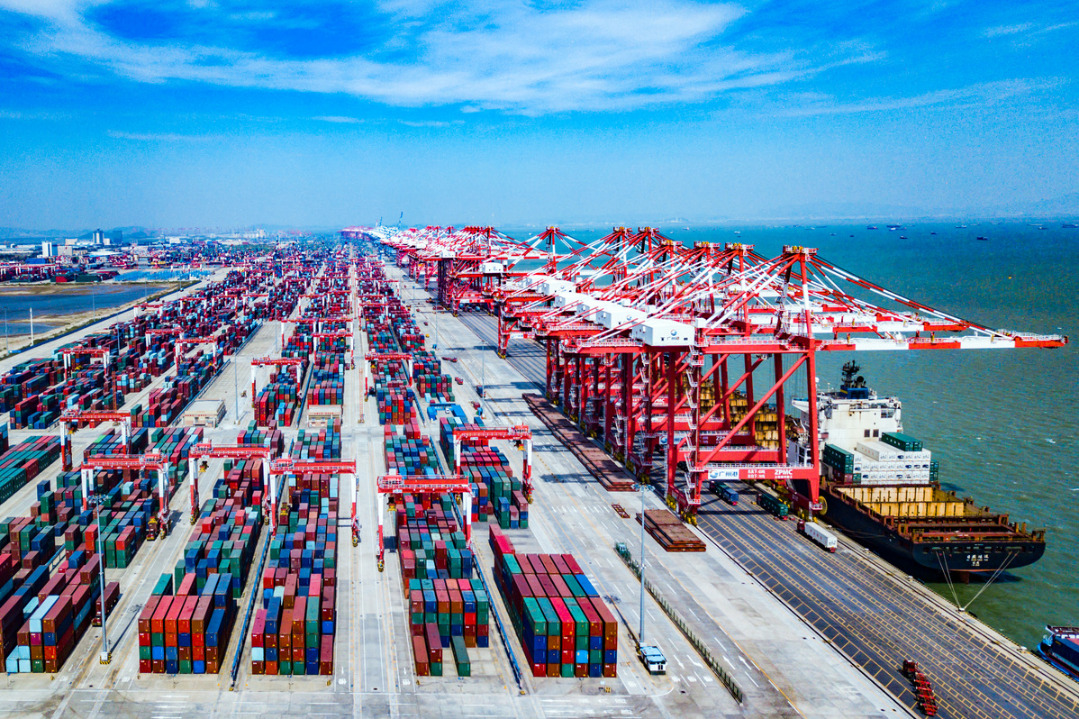BCI's cotton boycott against China is hasty and doomed to fail


Shortly after the Swiss-based Better Cotton Initiative (BCI) launched its so-called Xinjiang cotton boycott, the group's Shanghai representative office confirmed last weekend it has never found a single case related to "forced labor" in China's Xinjiang Uygur Autonomous Region.
Though the BCI claims to be "not-for-profit" and "the largest cotton sustainability programme," a close look at its behavior would find that it is anything but professional, independent and transparent.
Firstly, the BCI has proven itself a part of the western smear campaign against China. When some institutions in the United States and Australia fabricated inaccurate reports on Xinjiang last year, the BCI, without any field investigation, immediately suspended its assurance activities in Xinjiang and wrongfully cited concerns about so-called increasing risks of forced labor in Xinjiang.
In fact, the baseless accusation intentionally ignores the fact that cotton production in Xinjiang has already achieved a high degree of mechanization.
After its team in China refuted findings of any incident related to forced labor in Xinjiang, one would expect that since its own branch had a first-hand on-site investigation, the BCI headquarters should have responded promptly by correcting its previous wrongdoings. Instead, the BCI headquarters chose to remain silent and indifferent.
Secondly, though the BCI bills itself as a non-profit, independent organization, one of its major funding partners is the U.S. Agency for International Development (USAID), which bluntly admits that its work "advances U.S. national security and economic prosperity."
For decades, the USAID has repeatedly been accused of interfering in the internal affairs of other countries. Its nature as a tool to maintain American hegemony overseas is self-evident. With such a financial backer, it is hard not to question BCI's independence.
What is more, Marc Lewkowitz, the current chairperson of the BCI Council, is also the president and CEO of Supima, the promotional and marketing organization for American Pima cotton growers. Since Pima cotton and Xinjiang cotton are competitors, one cannot help raise concerns of any conflict of interest.
Lastly, the BCI has serious problems with transparency. Xinhua correspondents were recently refused an interview at BCI's headquarters in Geneva. To the reporters' surprise, its headquarters has just a few rented offices on the first floor of an office building and a few researchers.
In the past year, the BCI repeatedly issued false statements on the issue related to cotton production in Xinjiang without presenting any reliable evidence except botched-up reports by anti-China organizations in the West. It appears the BCI in this regard doesn't have a mind of its own.
The BCI may profess to preach decent labor and high environmental standards, but its own operations are not decent and of low standards. By selling a contemptible lie to the world, the BCI is risking its own credibility.


































